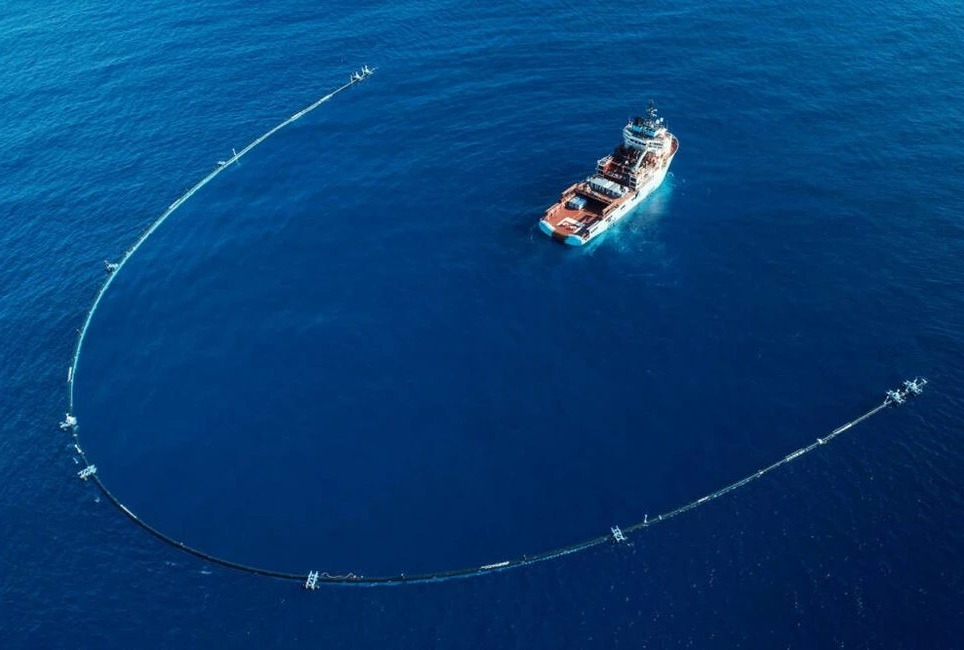Minister for Foreign Affairs of Ukraine Dmytro Kuleba announced that on October 27 Ukraine will officially begin its presidency over the European Union Strategy for the Danube Region. This was announced by the Foreign Minister at an online briefing.
Source: Ministry of Foreign Affairs of Ukraine
Ukraine will become the first non-EU country to coordinate the activities of 14 countries in the Danube basin and the implementation of EU strategic initiatives in the region.
Dmytro Kuleba, Minister of Foreign Affairs of Ukraine
The Minister informed that a solemn ceremony of handing over the presidency from Slovakia to Ukraine will take place in Bratislava, which will be represented by a delegation led by Deputy Minister of Communities and Territories Development of Ukraine, National Coordinator Ihor Korkhov.
He also reminded that the Foreign Policy Strategy adopted this year confirms Ukraine as an active participant in international politics: “We no longer expect to be invited somewhere, we take the initiative. Especially in our own region, where we implement an ambitious foreign policy and develop our neighbourhood. "
Ukraine will take part in shaping the EU's regional policy at the level of EU member states. Together with Ukraine's chairmanship in the Danube Commission, this testifies to the establishment of our state as a European player in Central Europe.
Dmytro Kuleba
The Minister noted that Ukraine's presidency will last until the end of 2022.
I am grateful to the European Commission and all the countries participating in the Strategy for supporting our initiative.
Dmytro Kuleba
Background
The Danube Strategy is a long-term policy of the European Union for the countries of the Danube region. It includes nine 14 participating countries. Five EU member states: Austria, Bulgaria, Germany, Romania, Slovakia, Slovenia, Hungary, Croatia, the Czech Republic and five non-EU countries: Bosnia and Herzegovina, Moldova, Serbia, Ukraine and Montenegro





















